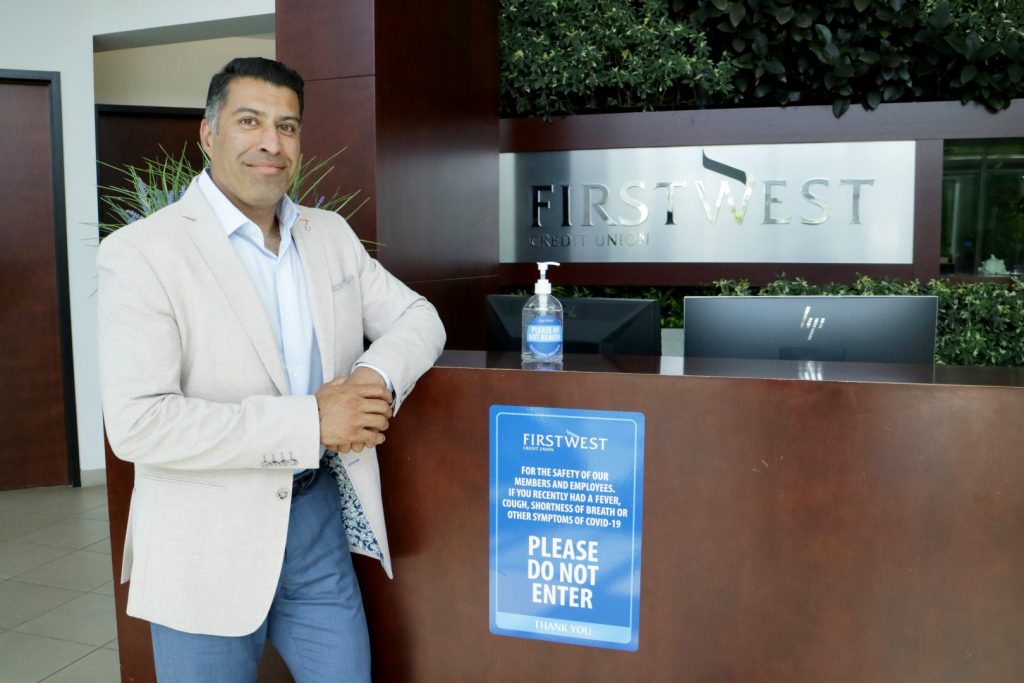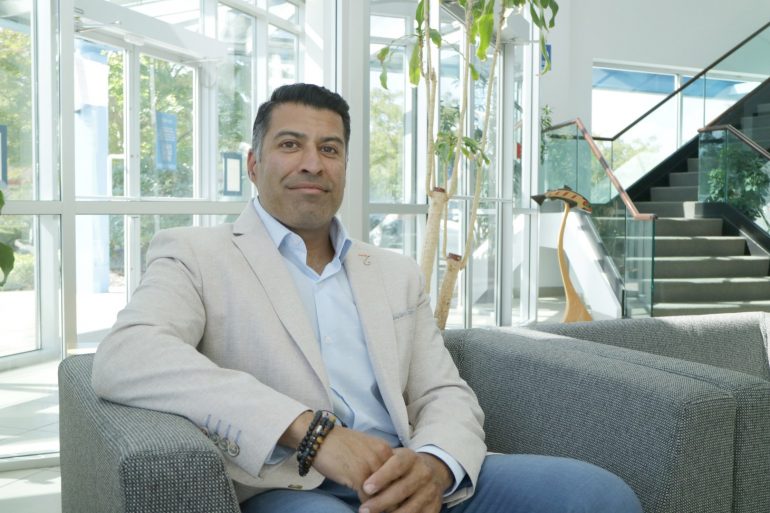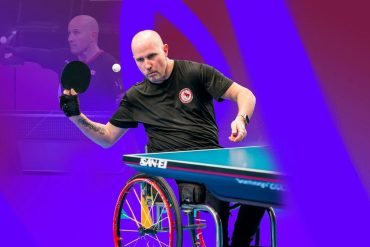In crucial times like what the world is facing today, Kabir Bhagaria’s role becomes even more important as a health and safety leader at one of BC’s largest credit unions. As the Occupational Health and Safety Officer of First West Credit Union, Kabir Bhagaria has the critical job of safeguarding the health of more than 1250 employees and 240,000 members. People who do businesses with First West Credit Union’s regional divisions—Envision Financial, Island Savings, Valley First, and Enderby & District Financial. This is an essential role on a typical day, but it’s lifesaving during a global pandemic.
“There is no manual for this, it’s an unprecedented time, and I’m taking what I’ve learned over the last 20 years and applying it in accordance to what provincial and federal health guidelines stipulate,” says Kabir.
“While protecting member and employee health is my main goal—and something we take very seriously at First West. I have really enjoyed how much learning there has been as a result of it. I love change, and I am very engaged when I can keep attacking new challenges.”
This pursuit of a challenge is a thread that weaves throughout Kabir’s career.
The married father of three—Sierra (15), Kayleb (13), and Savanna (6)—met his wife Ghazal at Simon Fraser University more than two decades ago. After graduating with an applied sciences degree in Kinesiology and Gerontology, Kabir began working at a clinic, creating active rehabilitation programs for physiotherapy patients. While he studied both disciplines in school, Kabir’s interest in health promotion started when he accompanied his dad to the gym and is something he carries on with his own family.
“We enjoy spending time in the outdoors, and before COVID-19, we traveled a lot. As a family, we’ve been all over Europe, the Caribbean, Mexico, and the U.S. It’s always been important to me to expose my children to different cultures, activities, and experiences. There is so much more to the world than what is in our backyard.”

After taking on more challenging roles at different clinics, he landed at Manulife, working as a Rehabilitation Consultant specializing in getting his clients back to work after a short-and long-term disability leave. It was then that he decided to pursue his masters in Disability Management at UNBC. Taking on a master’s degree with two little kids at home, a full-time job was a lot for Kabir and his wife. “It was one of the most rewarding experiences, “he reflects, “but definitely the most stressful time of my life. I couldn’t have done it if my wife wasn’t so supportive.”
After he finished his masters, Kabir joined Best Buy as a disability specialist in the HR department. A few years into his role, the Health and Safety responsibility at Best Buy had shifted to human resources from facilities, and he was asked to lead this practice.
“Working for Best Buy was a huge learning curve. It has stores in every province, and each province has different health and safety regulations,” says Kabir.
Under his leadership, he grew that department from a team of one to four safety professionals—in just under three years—and was able to do so as an almost revenue neutral department. “This was a tremendous opportunity and ultimately lead me to where I am today at First West,” says Kabir.
After nearly five years, Kabir left Best Buy to concentrate on consulting. This was when the credit union reached out. First West was embarking on its journey to become a federally regulated financial institution. It needed Kabir to conduct an Occupational Health and Safety audit and gap analysis to ensure compliance with federal regulations.
“I was consulting with First West for over a year about this when I was brought on full-time. They added the Healthy Workplace initiative—a program that aligned with my personal passions—to my portfolio.” When COVID-19 became an apparent concern, Kabir took a lifetime of experience and threw himself into pandemic planning. “One of the things I love about First West is how proactive our senior leaders have been to respond to the pandemic. Many organizations took a wait and see approach, and they were unprepared as a result. This continued focus on safety has put us in a solid position to serve our members and continue to operate our business from a place of strength.”
Lastly, Kabir declares: “The biggest piece of advice I can give anyone, in any role, is to learn how to influence people to change their behavior. I took some conflict resolution courses as part of my Masters, and it taught me that the secret to solving issues was to ensure that you are truly listening to what someone’s concerns or issues are before you try and come up with solutions. It’s something I try and teach my kids as well. The pandemic is really bringing that into focus.”



